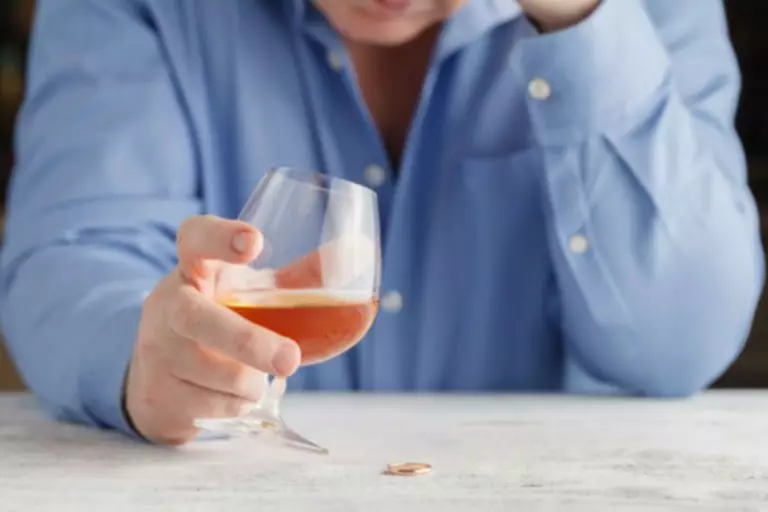
Researchers followed the cocaine use patterns of stressed and unstressed rats and used a low dose of cocaine as a trigger. The stressed rats’ responses to the trigger mirrored those of people during relapse. It’s important for people in recovery to be aware internal vs external triggers of the internal triggers they struggle with the most and have a plan in place to seek support when needed. Because triggers are not always familiar and noticeable, it’s important for people in addiction recovery to be observant of what triggers them.

Overconfidence in Recovery
But external triggers can become internal triggers if they bring up experiences you haven’t processed. They can be internal, such as feelings, or external, like coming into contact with people, places, and certain stressors. Triggers may test your willpower and can be personal or shared with others in recovery. https://ecosoberhouse.com/ This not only helps you overcome them but may also be beneficial for examining and understanding what may have led you to substance use disorder. Individuals develop new thoughts, feelings and behaviors while using substances. These may include shutting family off, denying issues or justifying substance use.

Helping Patients: Ten Clinical Relapse Prevention Strategies
- Substance abuse treatment aims to help individuals recognize the early warning signs of relapse and develop healthy coping skills to thwart a potential relapse.
- By doing so, we can build a more robust emotional foundation that allows us to face both internal and external stressors with greater confidence and clarity.
- External triggers often happen in situations you can remove yourself from, but that doesn’t make them any less difficult to deal with, nor is it always the case.
Find a convenient place to jot down your thoughts and feelings each day, reflecting on the moments that brought you joy or gratitude. By taking just a few minutes of your time, you’ll cultivate positivity in your life. Suppose you used to turn to substances as a coping mechanism during times of stress or boredom in the past. Redirecting that energy toward things you genuinely enjoy can help break those old habits effectively. Whether it’s trusted friends, family members, or fellow peers in recovery programs like group therapy or support meetings, having supportive individuals around can make all the difference.
- Triggers that happen outside of the individual are not necessarily beyond control.
- Staying proactive by finding new, enjoyable activities and avoiding overwhelming feelings is an effective way to combat boredom.
- A relapse doesn’t mean that you failed or that the treatment wasn’t successful.
- You may even consider keeping a daily journal to record your experiences.
Have a Safety Plan in Place
All of these changes are crucial for a successful maintenance of recovery and reengaging in life without the use of substances. In conclusion, understanding and managing relapse triggers are crucial elements of a successful addiction recovery journey from relapse. Remember, the road to recovery may be challenging, but with dedication, perseverance, and the right tools, you can overcome these obstacles and build a brighter future. At the New England Recovery Center (NERC), our addiction treatment program helps people identify their individual triggers and learn coping skills and other tools for managing them. By staying aware of their surroundings and paying attention to their emotional responses to stimuli, people in recovery have a better chance of reacting adequately to hidden relapse triggers as they arise.
- Certain thoughts, feelings, or situations can bring up uncomfortable PTSD symptoms, such as memories of a traumatic event or feeling on edge and anxious.
- While many triggers can be negative experiences, it is important to note that positive events can trigger relapsing as well.
- Assertively communicate your need for sobriety and establish clear limits.
- Mental relapse, or relapse justification, is the continuous fight between wanting to use and knowing you should not use.
- This ongoing fight increases their vulnerability to cravings, which may result in a potential relapse.
Should I delete my drug dealer’s phone number?



